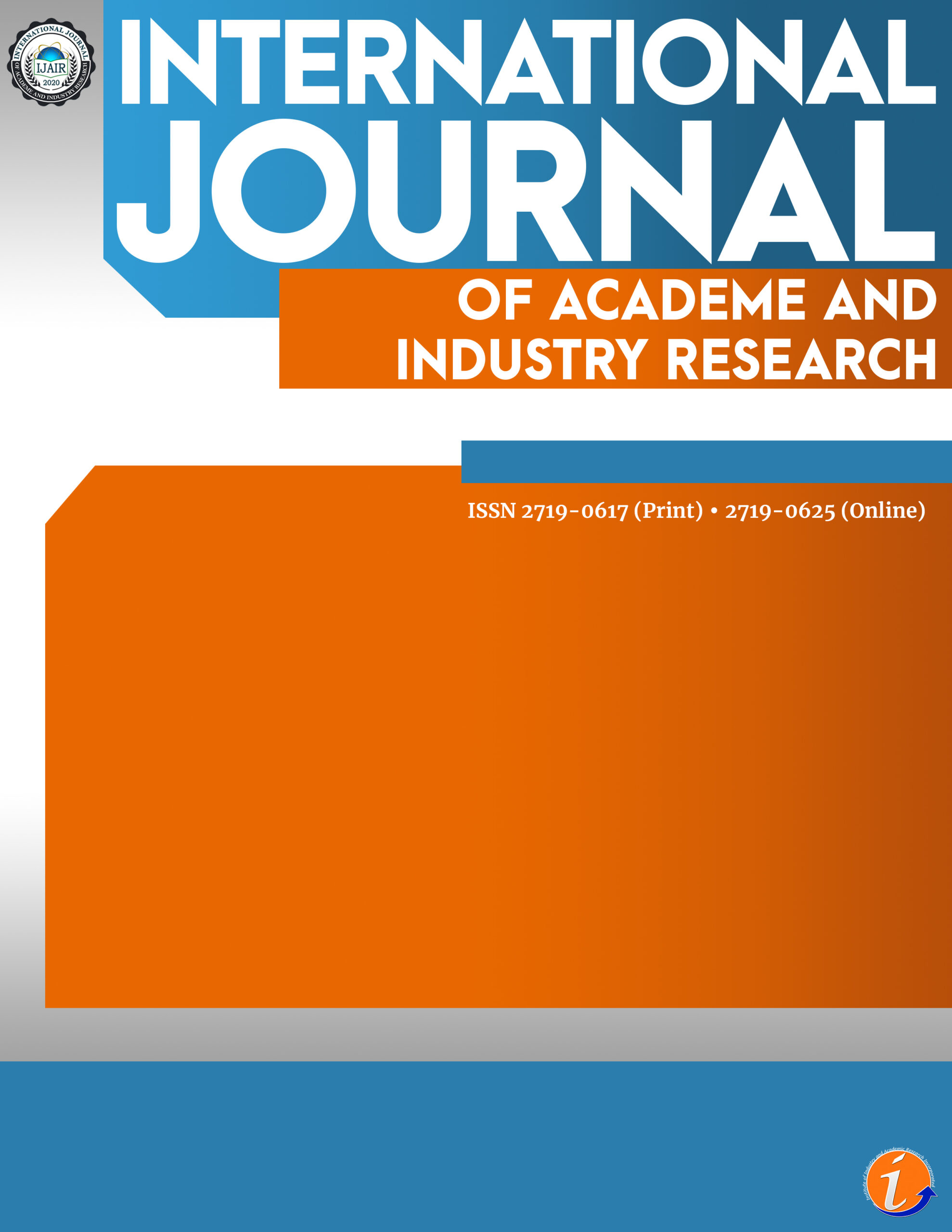Aims and Scope
International Journal of Academe and Industry Research (IJAIR) is an open-access peer-reviewed quarterly journal focused on business education, industry research and the connection between them in Asia and Africa Regions. The interconnectedness of the industry and academic institutions needs a platform that aligns their respective research needs. From the academic perspective, the business-related program management and the teaching and learning had been dramatically influenced by the industry trends and needs, collaborative approaches and internationalization. From there comes the indispensable role of the industry as they become partners to the academic institutions in producing quality workforce and entrepreneurs. Along these areas are the interesting topics for academic and industry researchers.
The journal employs rigorous double-blind review to ensure quality publications. Authors receive comment through feedforward communication approach. It is the prime objective of the reviewers to help authors improve the quality of the papers. As the journal promotes internationalization and collaboration, the multi-dimensional perspectives of the author and reviewers add high value to the research article. Moreover, the journal has solid support system for copyediting and formatting. The journal ensures that the research articles are within the standards of international publication.
It publishes high quality research papers that uses quantitative, qualitative or mixed methods. The journal targets a diverse spectrum of readers including academic scholars and industry experts. It focuses on local, regional and global issues on business education and industry in Asia and Africa. It also fosters academe and industry linkage and collaboration.
The journal covers, but not limited to, the following:
Business education in Asia and Africa
- Current issues and trends in business education such as experiential learning, work training, community immersion, technical education and the 21st century skills;
- Internationalization and management of business-related programs;
- Management and operation of programs in business management, accounting, tourism and hospitality, agriculture, office administration, health administration and business analytics;
- Teaching and learning, curriculum development and student experience in the business-related and industry-inclined programs;
- Development and application of the 21st century skills;
- Assessment of program quality, institutional services and student satisfaction;
- Evaluation of student experience, skills development and training development;
- Development and evaluation of teaching materials in business-related and industry-inclined programs;
- Benchmarking, institutional and program accreditation and institutional quality management;
- Leadership and management in the school setting; and
- Linkage and collaboration of schools, colleges and universities.
Asian and African business and industry research
- Current issues and trends in business such as data-driven management, globalization, product innovation and digitalization;
- Internationalization, cross-cultural collaboration and international business;
- Management and operation of any types of business;
- Application of management functions in the industry such as planning, organizing, coordinating and controlling;
- Applied research on human resource, accounting, marketing, operations, and IT;
- Assessment of product and service quality, customer experience and employee satisfaction;
- Evaluation of employee experience, skills development and training development;
- Development and evaluation of employee training materials, operational manuals and business plans;
- Industry quality management such as QMS and ISO;
- Leadership and strategic management in the business;
- Accounting and finance in the industry context;
- Feasibility studies and business plans;
- The industry and industrial revolution 4.0;
- Transformation of industrial to knowledge society;
- Entrepreneurship and entrepreneurial development;
- Agriculture and agricultural development;
- Tourism and tourism development;
- New and emerging industries such as financial technology, biotechnology, renewable energy and teleheath; and
- Research as applied in the different types of industrial sectors.
Industry and academe linkage
- Current issues and trends in the industry-academe linkage such as employability skills and the 21st century skills;
- Evaluation of graduate employability and tracer studies;
- Industry-academe linkage practices, challenges and opportunities;
- Student internship, immersion and mobility experience; and
- Assessment and evaluation of graduate attributes and industry needs.







